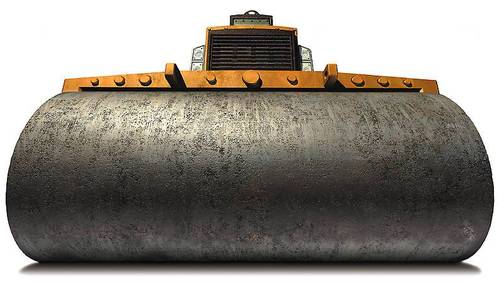I’ve written some here about the “short vol” trade, it’s various forms, how it’s grown in popularity and how it potentially poses a systemic risk to the markets. Earlier today I shared a related story on @twitter and got a very interesting response:
@jessefelder In the meantime I get to listen to Uber drivers tell me about selling puts as a way to supplement their income.
— Brandon Cochran (@bwc77) May 2, 2017
It immediately made me think of Bernard Baruch’s famous description of the days leading up to the 1929 crash:
Taxi drivers told you what to buy. The shoeshine boy could give you a summary of the day’s financial news as he worked with rag and polish. An old beggar who regularly patrolled the street in front of my office now gave me tips and, I suppose, spent the money I and others gave him in the market. My cook had a brokerage account and followed the ticker closely. Her paper profits were quickly blown away in the gale of 1929.
What’s different today is taxi/uber drivers aren’t just buying stocks on leverage, they’re essentially selling insurance against a decline in the stock market. The trouble is, “The more people write financial insurance, the more likely it is that a disaster will happen,” as Victor Haghani, a partner at Long-Term Capital Management, puts it. And by the time the trade has become so popular that your uber driver is talking about it a “disaster” might already be unavoidable.
UPDATE (5/4/17): The money quote from the WSJ today on why these trades have become so popular recently:
'Investors flock to put writing because it's more conservative and less volatile than owning the S&P 500 outright' https://t.co/5EGNwEGLgV pic.twitter.com/UyU6Go8AXl
— Jesse Felder (@jessefelder) May 4, 2017
